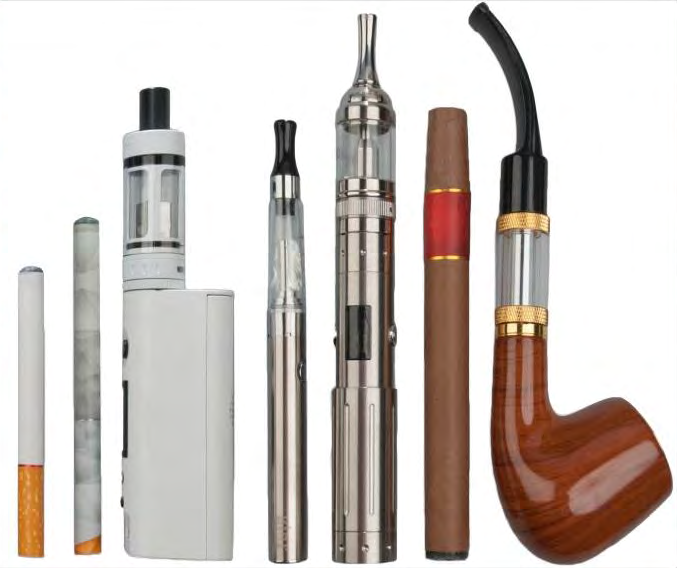
It might not come as a surprise that Apple bans vaping apps on the App Store. In recent months, regular users of vaping products have died mysteriously. The cause was recently zeroed down to vitamin-E acetate. Manufacturers often add this chemical to mimic THC or CBD effects, according to the CDC. With more than 450 people dying in the US because of vaping, the decision seems to come from a good place.
This is not the first time Apple has banned apps
Apple usually bans controversial applications from its App Store. It has previously banned adult-themed applications. In 2017, it banned nicotine-related apps as well. Nobody can possibly buy vaping related products on vaping applications.
However, they do tend to normalize and encourage the use of vaping products, which Apple has now decided, is against its policies. Apple’s updated guidelines confirm that applications that are “encouraging or facilitating the use of these products” will not be permitted.
Apple Bans Vaping Apps and it is a step in the right direction
Juul is one of the most popular vaping products available today. It launched an Android application this year but does not have an analogous iOS app. The app allows users to track their smoking habits and may indirectly encourage the use of its own vaping devices.
Many sympathizers of vaping products point out that they may be less harmful than traditional cigarettes but this seems to be missing out the point entirely. The shocking number of deaths and illnesses confirm that there are things that we still do not understand about vaping. Encouraging its use among youth is certainly not what a tech company should be doing, and Apple’s ban on vaping apps is welcome at this juncture.
What is vaping?
The usage of electronic cigarettes (e-cigarettes) is known as vaping. People use a handheld battery-powered vaporizer which mimics the act of smoking. In fact, these devices mimic the behavior of smoking by allowing the user to inhale a warm vapor that may be flavored just cigarettes. Proponents claim vaping reduces cigarette usage, but others point out lack of data and unknown health risks.










